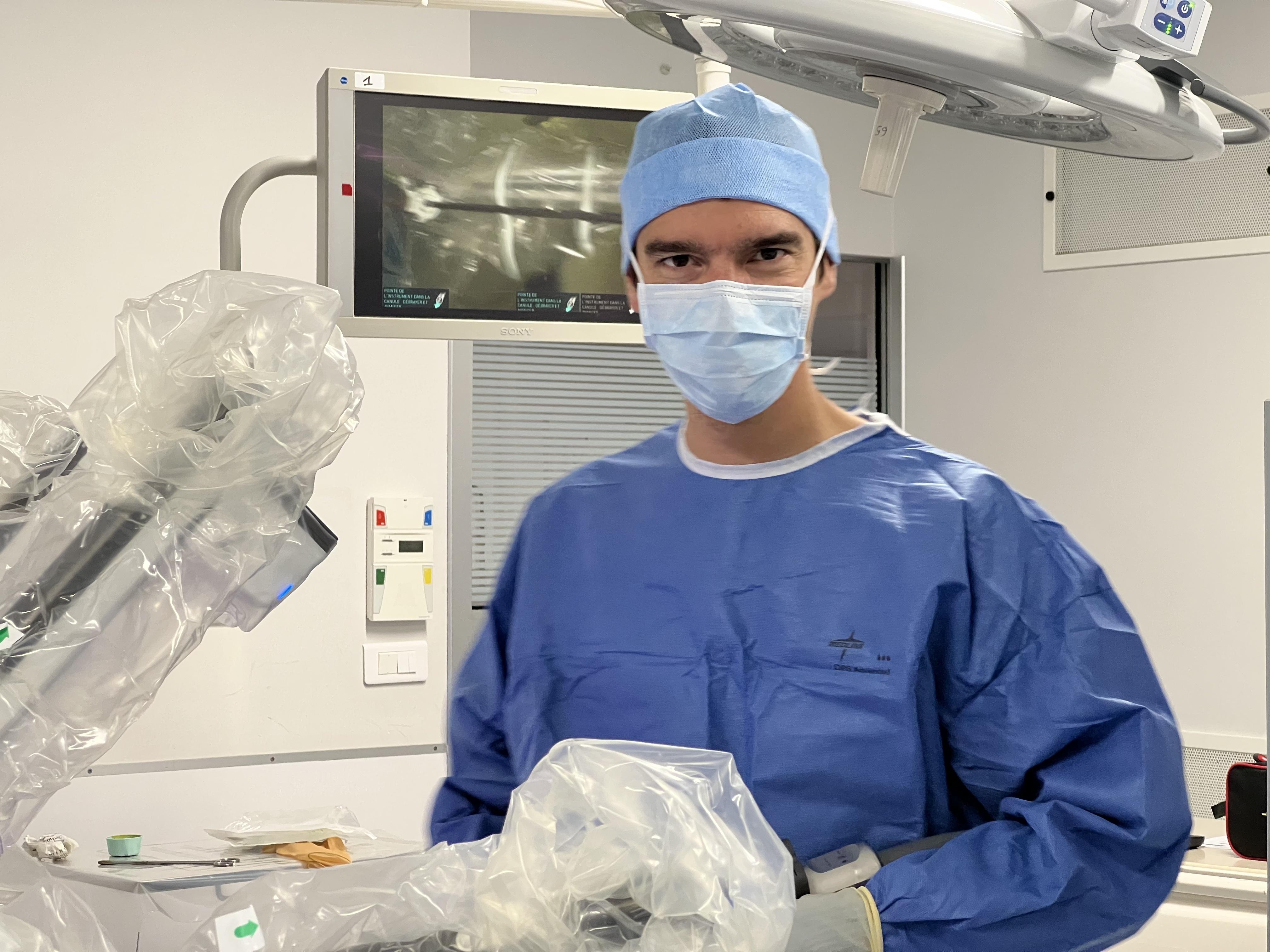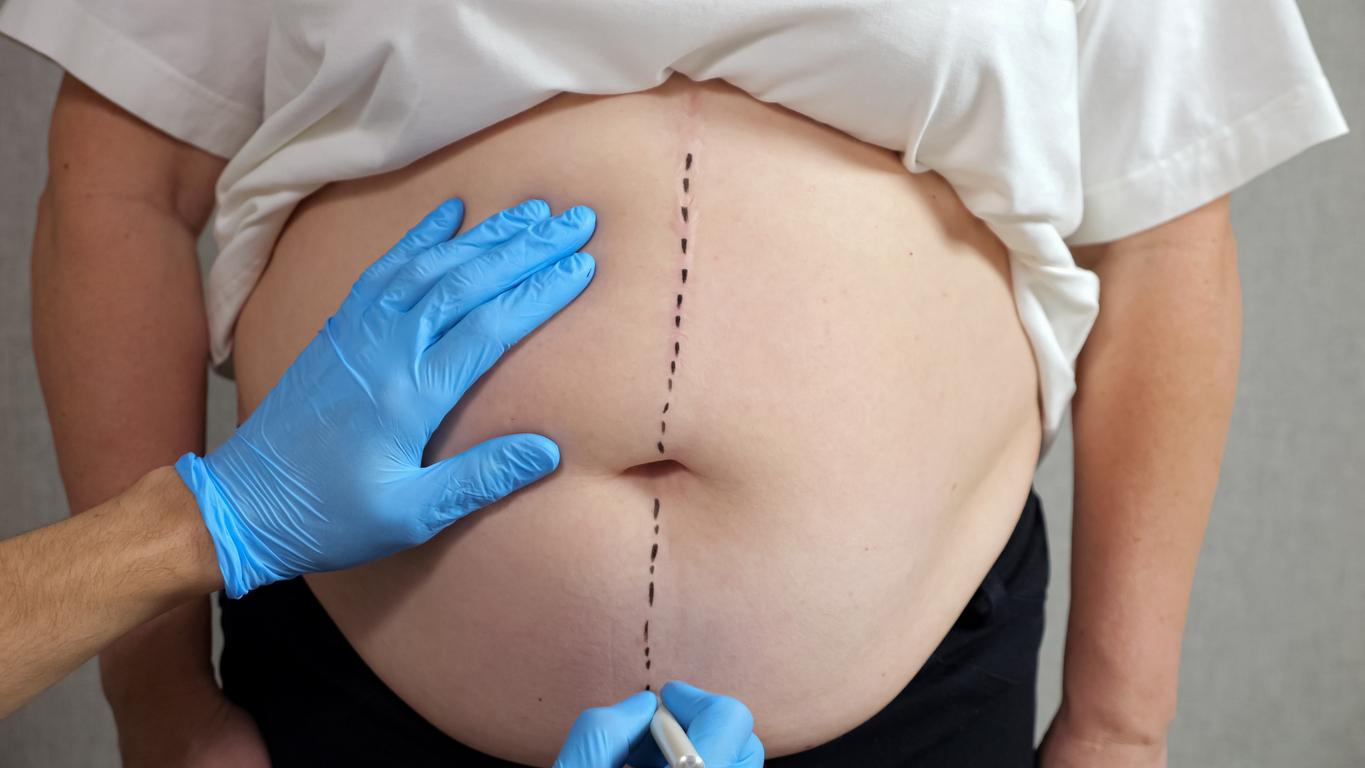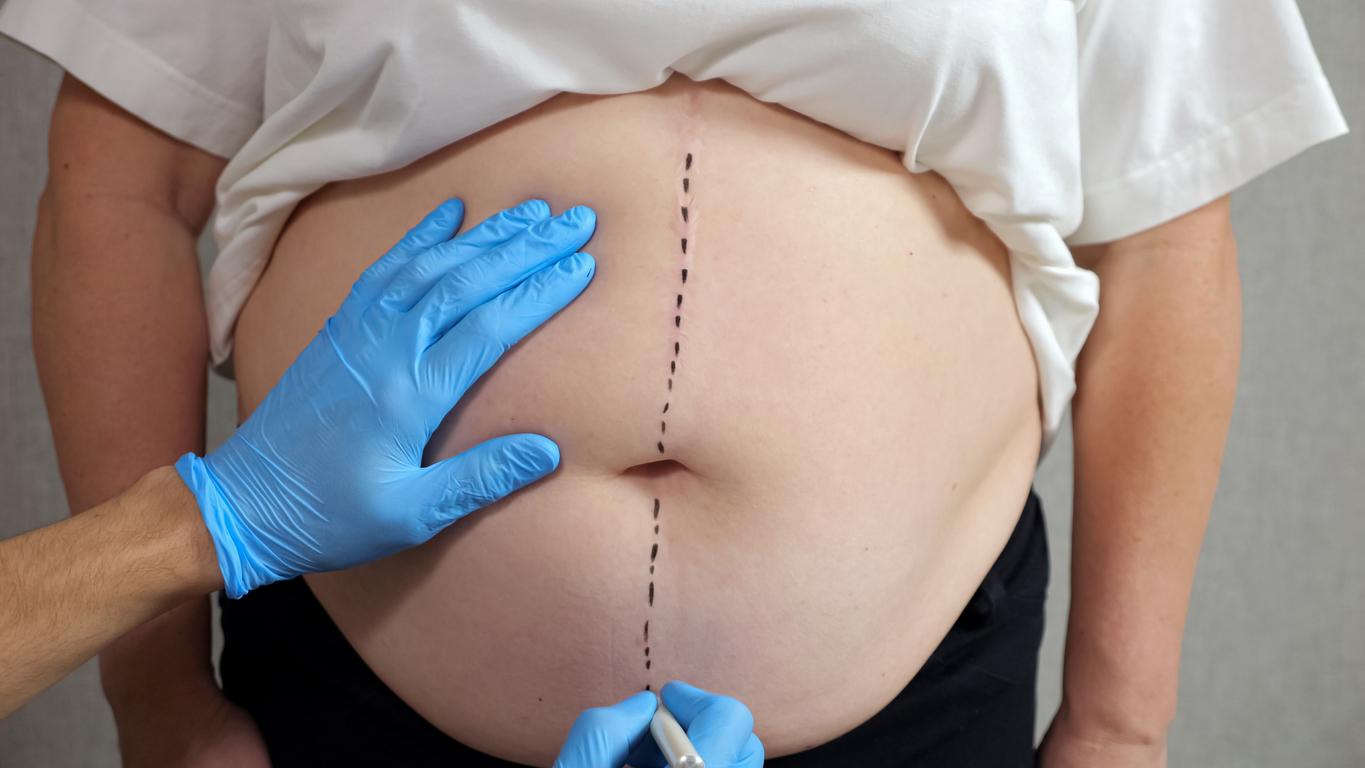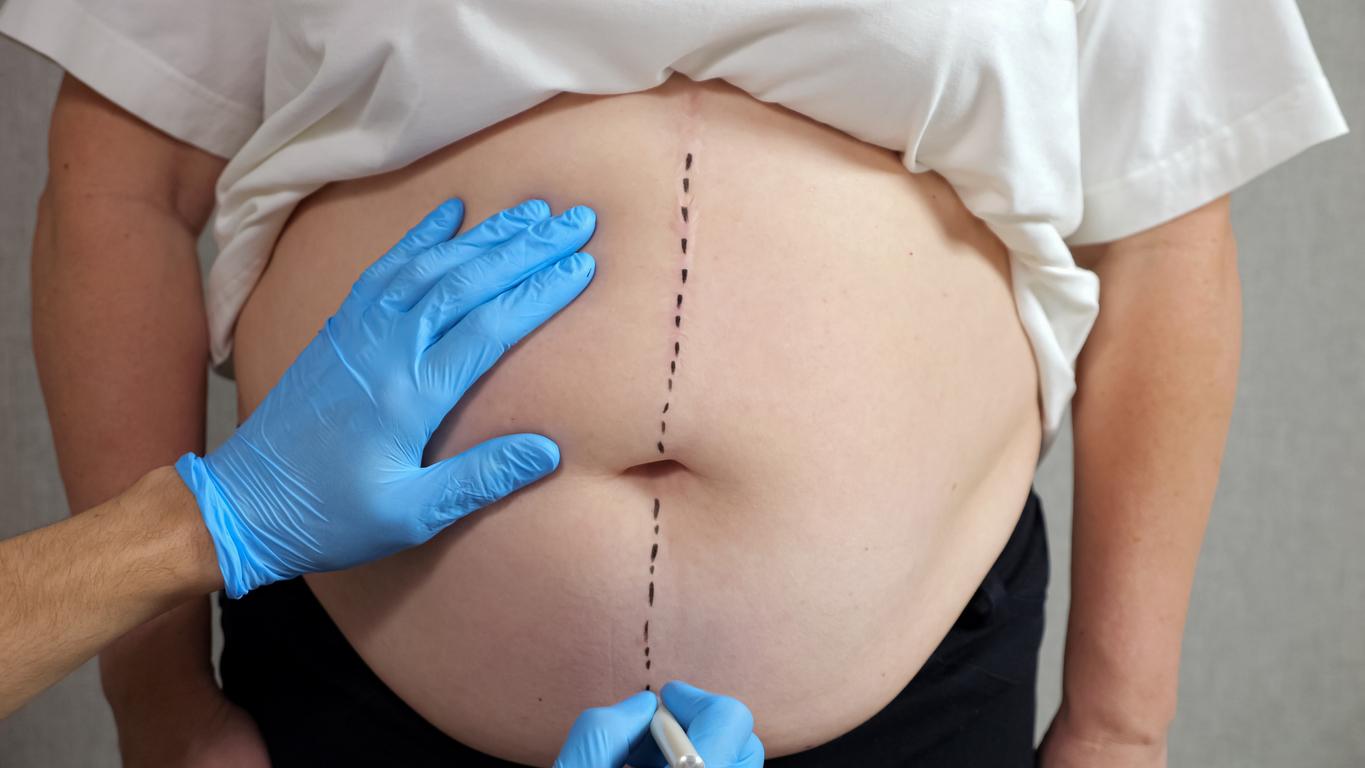Faced with the epidemic of obesity that is rampant throughout the world, the use of bariatric surgery is booming. In France, nearly 50,000 people with severe obesity, called “morbid”, are now operated on each year, underlines France Inter. But the follow-up of these patients remains problematic. A working group bringing together surgeons and patient associations published a white paper on Wednesday in which they put forward 13 proposals to improve the situation.
Over the past ten years, bariatric surgery has become an increasingly popular treatment option. This treatment, currently reserved for patients suffering from the most severe forms of obesity, does indeed give spectacular results. Weight loss can reach 50 kilos in just a few months. Even more impressive are the effects on the biological parameters of patients such as blood sugar or lipid balance. Improvements can occur in the first weeks after surgery, even before the weight loss is significant.
But this technique remains a major surgery, with long-term consequences for patients. The reduction in the size of the stomach, or the modification of the digestive tract carried out, requires a review of the whole mode of feeding. Nutrient absorption is also altered and causes deficiencies that require lifelong supplementation for certain vitamins. Moreover, surgery does not solve the problem of weight gain once and for all, and patients are sometimes helpless when the first pounds return.
Long-term follow-up is therefore necessary to support the people who have been operated on. The High Authority for Health (HAS) also recommends lifelong monitoring. But in fact, nearly half of patients do not benefit from appropriate support. A situation that worries surgeons, but also patient associations.
the National collective of obese associations, in collaboration with the French and Francophone Society of Obesity Surgery, and the National Academy of Surgery presented a white paper on Tuesday to help patients and practitioners build a lasting relationship. Among these recommendations, the working group calls for ways to emphasize therapeutic education, and in particular suggests the creation of obesity centres. It also proposes that prescriptions for vitamins as well as long-term psychological follow-up be covered by health insurance. Patient associations also stress the need to improve the training of caregivers on obesity.
By 2020, half a million French people could have undergone bariatric surgery, a lack of effective follow-up could therefore have a major public health impact.


















